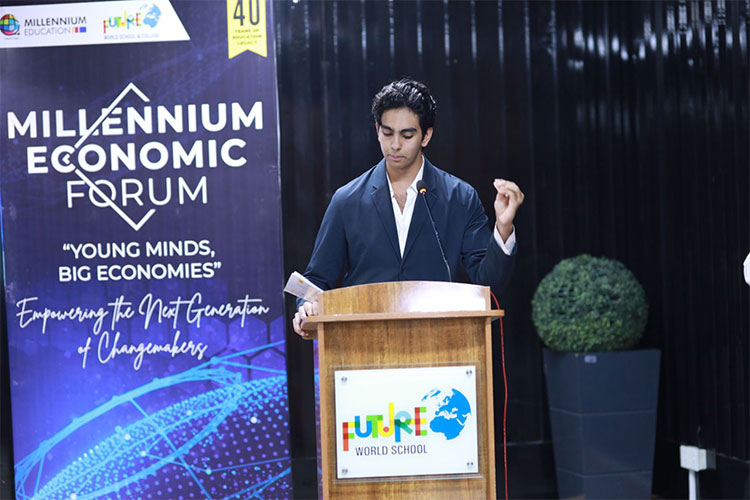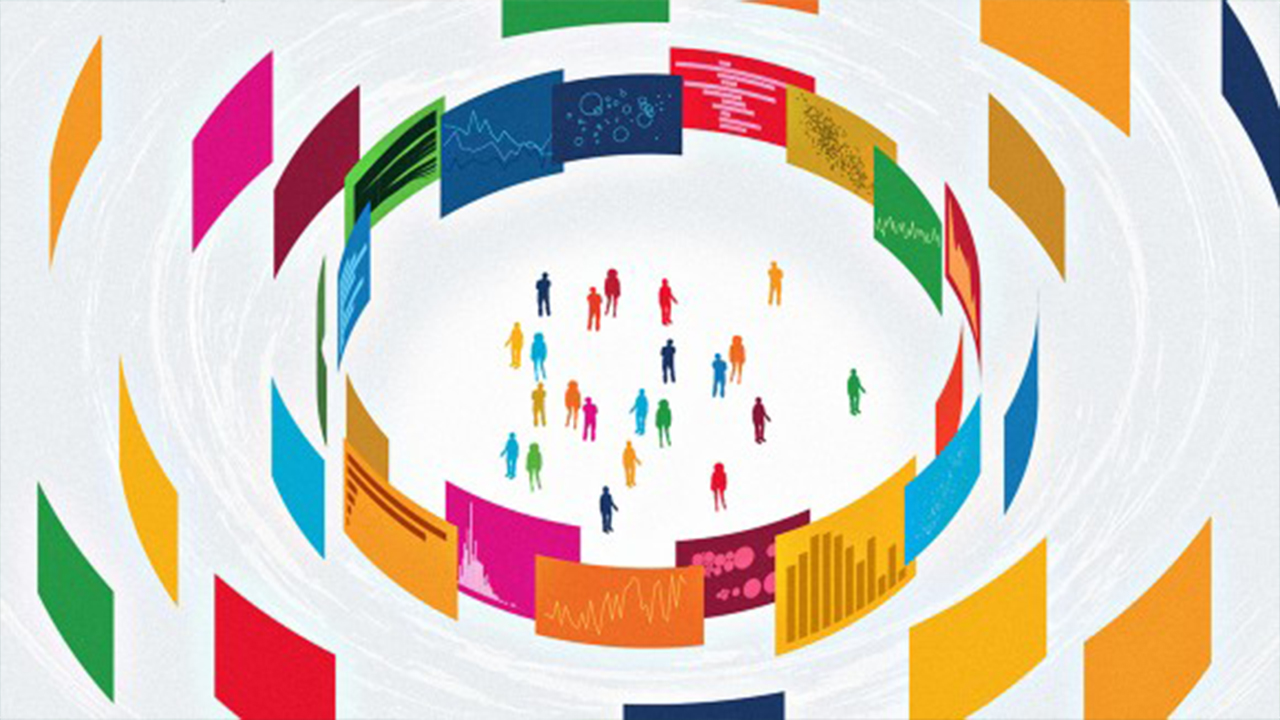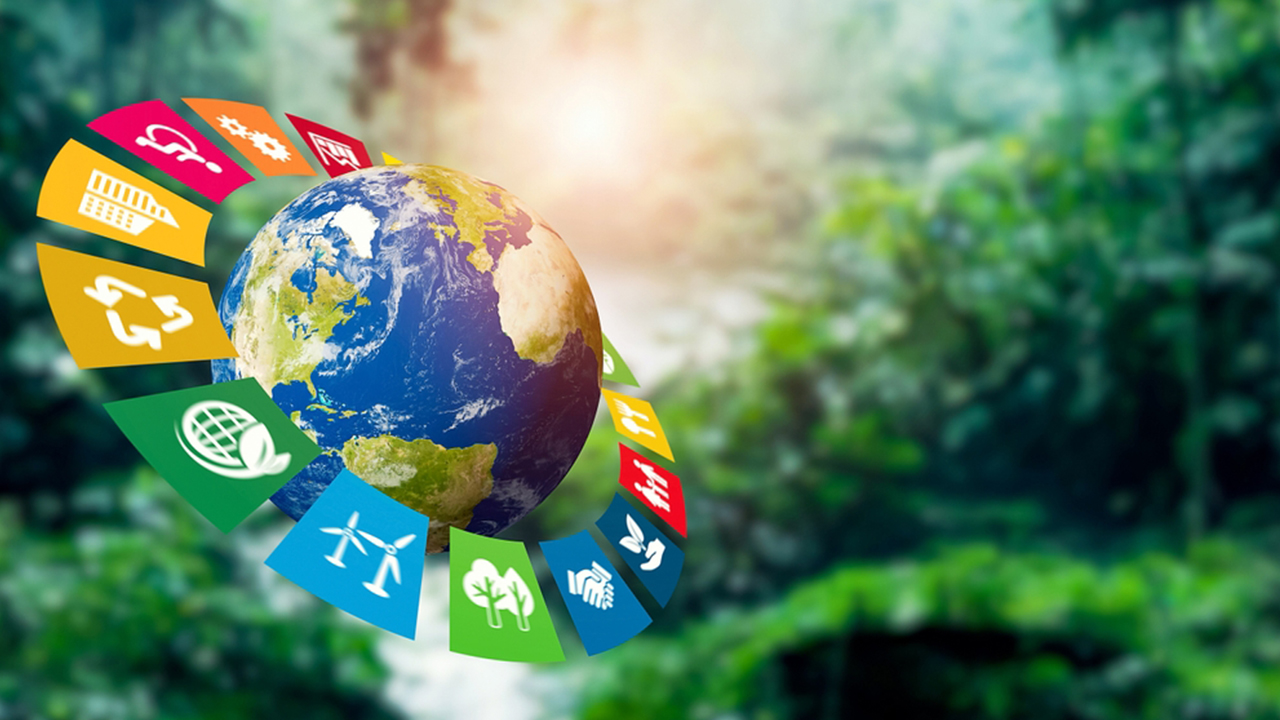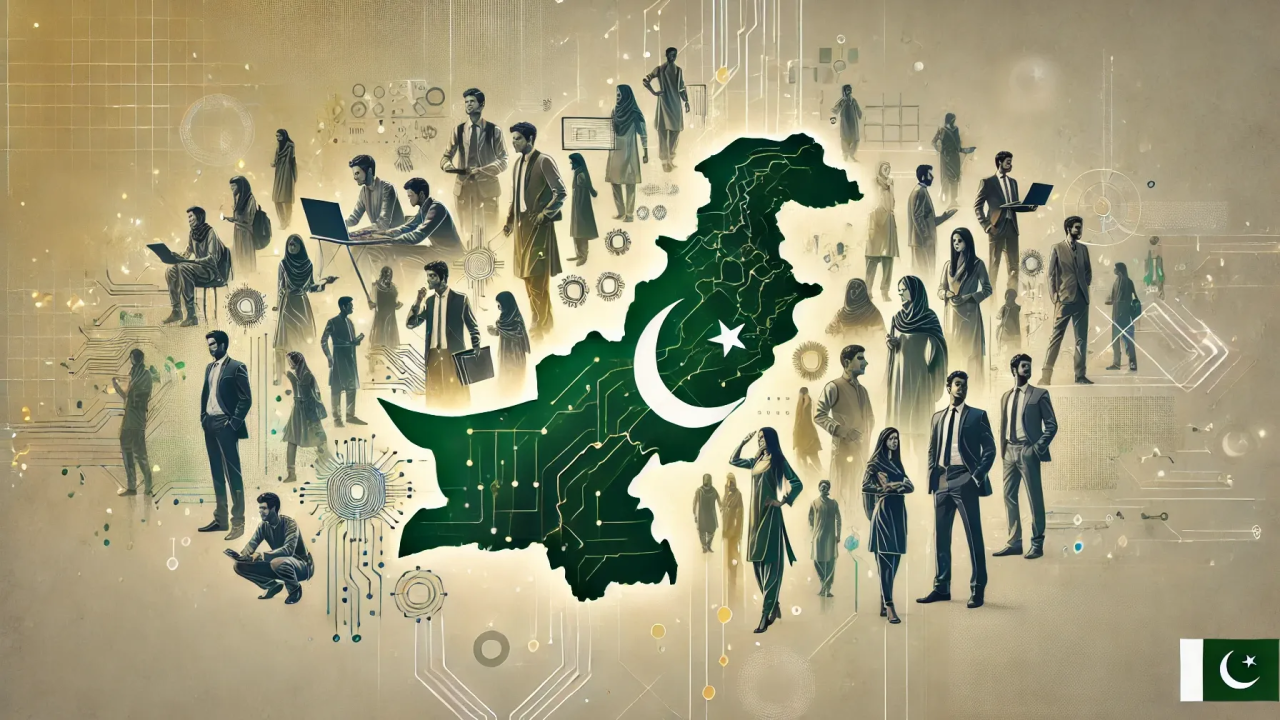Environmental sustainability is no longer a distant concern; it is a pressing challenge that demands immediate action. Pakistan faces critical issues such as air pollution, deforestation, water scarcity, and climate change, which threaten both human health and economic stability. As students and future leaders, we have the responsibility to promote sustainability, raise awareness, and implement initiatives that reduce our environmental footprint. From my perspective as President of the Millennial Economic Forum (MEF), students can play a transformative role in creating a greener Pakistan.
Understanding the problem is the first step. Pakistan ranks among the countries most vulnerable to climate change, with frequent floods, heatwaves, and water shortages affecting millions. Urban areas face air pollution from vehicles and industrial emissions, while rural regions struggle with deforestation and soil degradation. As students, developing awareness about these issues allows us to advocate for effective policies and adopt sustainable practices in our daily lives.
Student-led initiatives are powerful tools for change. Across universities, students have successfully implemented recycling programs, campus tree-planting drives, and awareness campaigns on energy conservation. These small but significant steps contribute to environmental protection and inspire peers to follow suit. Participation in national programs, such as Clean Green Pakistan, or initiating local projects, can amplify impact, demonstrating that even individual efforts can scale into meaningful outcomes.
Integrating sustainability in daily life is another critical approach. Students can reduce energy consumption by using renewable sources, minimizing waste through responsible consumption, and promoting eco-friendly transport options like cycling or carpooling. Encouraging peers to adopt these habits fosters a culture of responsibility and ensures that green practices extend beyond campus boundaries.
Collaboration with communities and government initiatives is equally important. Students can volunteer with local NGOs, support policy advocacy, and participate in public campaigns aimed at protecting natural resources. By bridging the gap between youth enthusiasm and institutional support, students ensure that sustainability becomes a shared national priority.
The long-term impact of these efforts is substantial. A culture of environmental responsibility nurtured among students translates into informed citizens and leaders who prioritize sustainable development in business, governance, and society. By taking action now, students contribute not only to immediate environmental improvements but also to securing a livable, prosperous Pakistan for future generations.
In conclusion, Pakistan’s youth have both the power and the responsibility to lead the country towards sustainability. Through awareness, student-led initiatives, daily eco-friendly practices, and collaboration with institutions, students can make tangible contributions to a greener nation. As MEF President, I urge my peers to embrace environmental stewardship as an essential part of our role as future leaders and change-makers.











